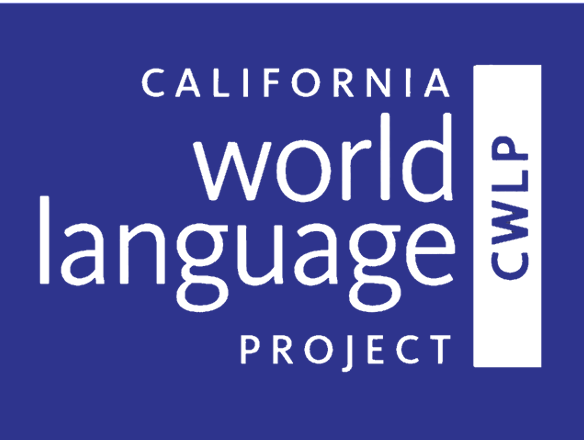STARTALK is the newest of the component programs of the National Security Language Initiative (NSLI) announced by former President Bush in January of 2006. The initiative seeks to expand and improve the teaching and learning of strategically important world languages that are not now widely taught in the US. Other programs under the NSLI umbrella include Title VI/Fulbright Hays programs of the US Department of Education, The National Security Education Program (NSEP) of the US Department of Defense, and study abroad and exchange programs of the US Department of State.
STARTALK’s mission is to increase the number of Americans learning, speaking, and teaching critical need foreign languages by offering students (K–16) and teachers of these languages creative and engaging summer experiences that strive to exemplify best practices in language education and in language teacher development, forming an extensive community of practice that seeks continuous improvement in such criteria as outcomes-driven program design, standards-based curriculum planning, learner-centered approaches, excellence in selection and development of materials, and meaningful assessment of outcomes.
STARTALK programs and resources are guided by six Principles for Effective Teaching & Learning. For more information on STARTALK, visit their website here.
The Occidental College World Language Project designed model standards-based instructional units for the Novice level of proficiency in Arabic for Kindergarten and High School/University. The model standards-based instructional units is a project funded by Qatar Foundation International and produced by the California World Language Project at Occidental College. The units were piloted in Kindergarten, high school, and university classrooms. Lessons were videotaped in real classrooms as part of the STARTALK infrastructure grant and can be found on the STARTALK Infrastructure page.
The units serve as models for (1) backward design, (2) thematic instruction, (3) use of multiple authentic texts rich in language, culture and content to develop student proficiency and address multimodal learning, (4) the development of interpretive proficiency using pre-, during-, and post- viewing, listening and reading strategies, (5) building interpersonal skills with activities that are spontaneous, require an exchange of information and are set within real-world contexts, (6) developing culturally-authentic real-world presentational communication, (7) appropriate use of technologies that facilitate communication and connect to communities, (8) contextualized teaching of micro-skills such as [word recognition, phonics-based strategies within a whole language approach, morphology and syntax] (8) integrative performance assessments and formative measures of interpretive, interpersonal and presentational communication.
Units and lesson plans were designed using ACTFL and STARTALK templates that reflect best teaching practices.
The Southern California Arabic Language Teacher’s Council (SCALTC) is a pilot program funded by Qatar Foundation International and hosted by the California World Language Project at Occidental College.
The goal of the project is to support the teaching of Arabic in Southern California and to provide Arabic language educators from a variety of institutions K-16, private and public, full time and weekend school with a forum to
Meet, network, share resources and ideas;
Assist schools that would like to start new programs;
Reach out to communities and educate them about the Arabic language and culture; and
Advocate for Arabic language and culture programs in the schools.
SCALTC is led by an Executive Committee that represents a wide variety of institutions and regions at public and private elementary and secondary schools, colleges and universities as well as non-profit and public service organizations.



